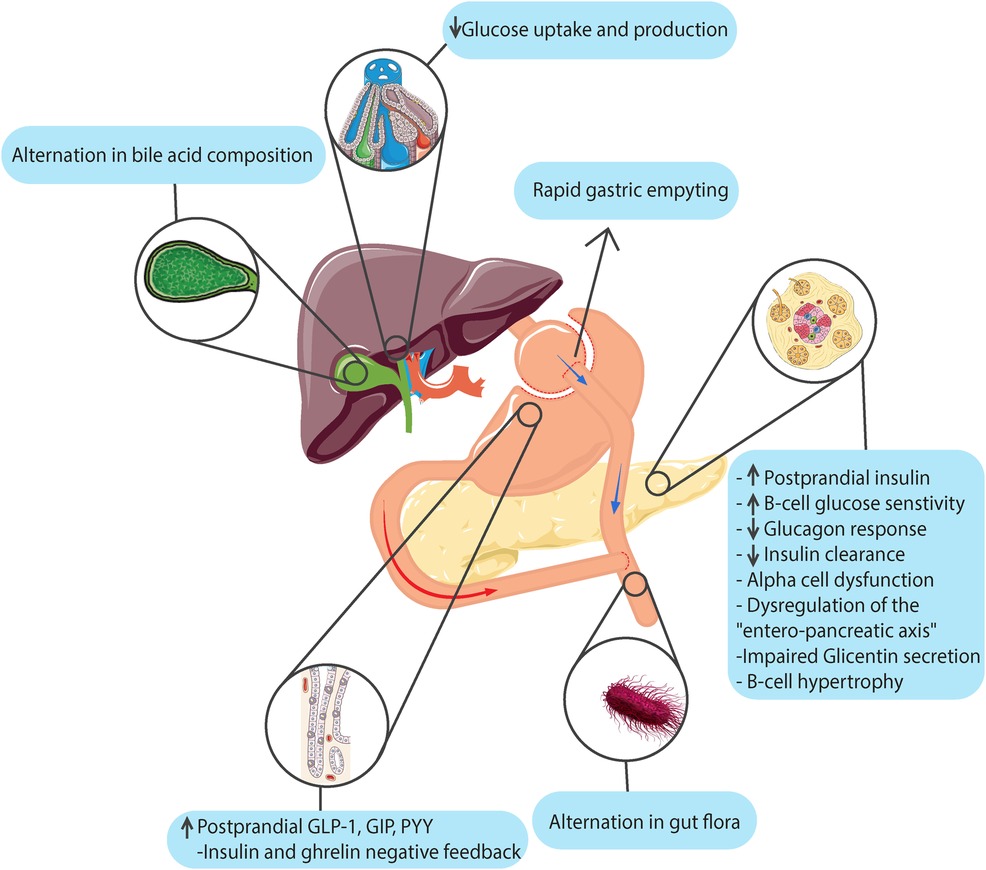Chronic Fatigue Syndrome (CFS), also known as Myalgic Encephalomyelitis (ME), is a debilitating chronic illness characterized by profound fatigue that doesn’t improve with rest and worsens with physical or mental activity. Unlike typical tiredness, this exhaustion significantly impairs daily functioning and persists for six months or more. The exact cause of CFS remains elusive, with potential factors including viral infections, immune system issues, hormonal imbalances, and psychological stress. Due to its complex nature and overlapping symptoms with other conditions, CFS is often challenging to diagnose.
Individuals with CFS may experience a range of symptoms beyond fatigue, such as muscle and joint pain, unrefreshing sleep, memory problems, and headaches. This constellation of symptoms can lead to significant lifestyle changes, affecting personal relationships, employment, and mental health. The unpredictability of symptom flare-ups adds to the difficulty in managing the condition, often leading to frustration and isolation. It’s crucial for patients to work closely with healthcare providers to develop personalized management strategies that address both physical and psychological aspects of the illness.
Currently, there is no cure for CFS, and treatment focuses on symptom relief and improving quality of life. Approaches may include a combination of medication, cognitive behavioral therapy, graded exercise therapy, and lifestyle modifications. Ongoing research aims to better understand the underlying mechanisms of CFS and develop more effective treatments. Raising awareness and fostering a supportive community are essential steps in ensuring that individuals with CFS receive the care and understanding they need.






